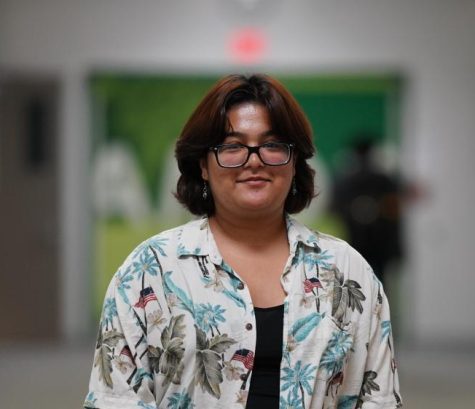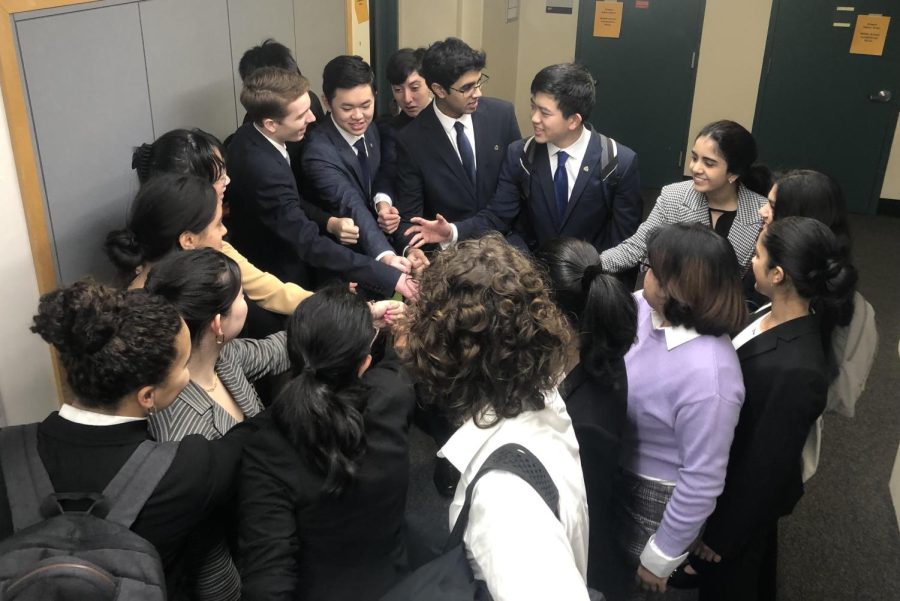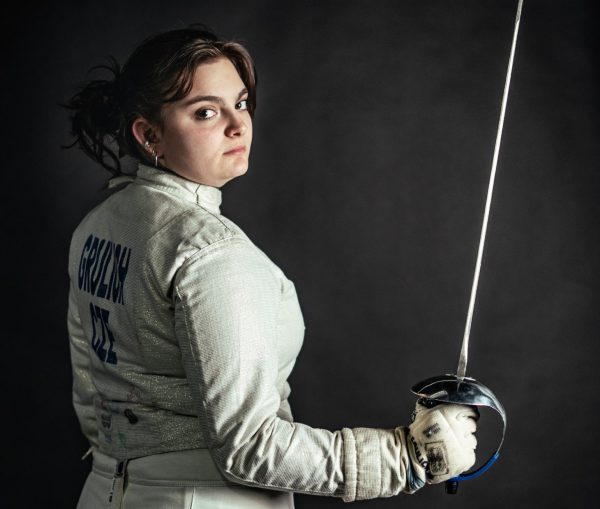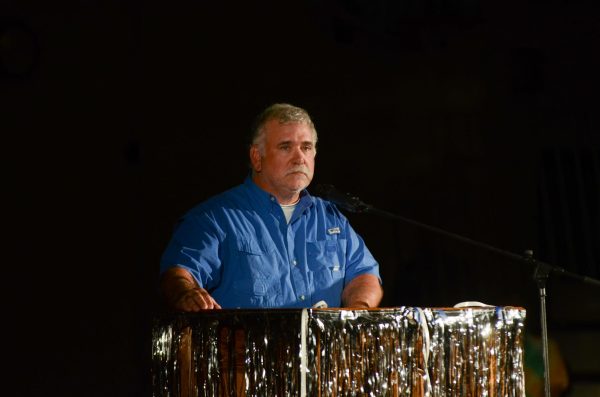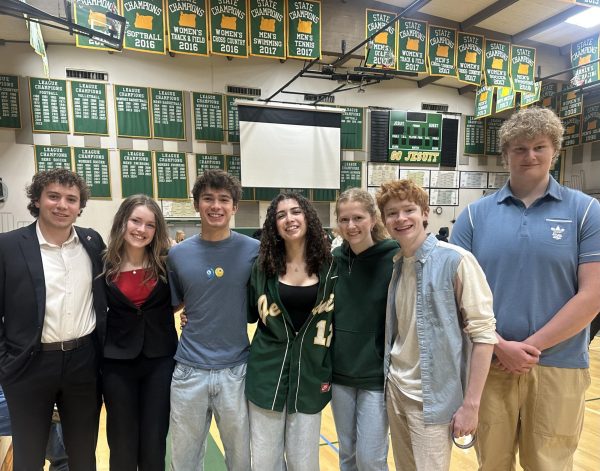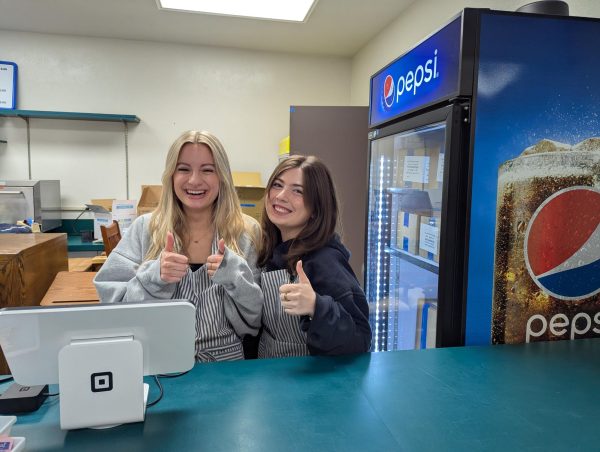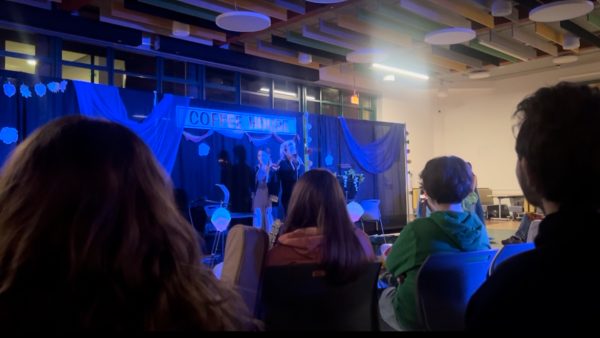2022-23 Ethics Bowl Season Recap
Members of Jesuit’s Ethics Bowl Club pictured before the competition.
The first in-person Oregon High School Ethics Bowl competition since 2020 took place at PSU this past weekend. Four teams from Jesuit High School participated, but only one Jesuit team made the finals. The unexpected part? The team that made it to finals had only been formed the day before.
For those unfamiliar, ethics bowls are “competitive yet collaborative events in which students discuss real-life ethical issues” (NHSEB). In each round of competition, two teams take turns analyzing cases about topical ethical dilemmas and responding to questions and comments both from the other team and from a panel of judges.
After some last minute cancellations, this year’s club moderator, Dr. Jason Price, a theology and English teacher at Jesuit, was left scrambling to present the fourth team Jesuit had promised.
“I didn’t know if all four were going to come until I walked in the door Saturday morning,” Price said.
Although the members of this fourth team felt unsure at first, freshman Will Nobles and junior Conner Jensen confessed that they ultimately ended up getting invested.
“I assumed we were going to lose it,” Nobles said. “But then the moment I got there and started seeing the other teams and I started seeing what we were actually doing, I sort of got a grip on it and I was like ‘No, I have a chance at this. I can do this.’”
“I think we all got more into it as we went along,” Jensen agreed.
None of them could have imagined that they would make it to the final round.
“I was like ‘What? Am I hallucinating right now?’” recounted junior Sonali Kumar, the only member on the team who had been a part of ethics bowl club prior to the competition.
With the last-minute team being an anomaly, the other three teams did spend a lot of time preparing for the competition. Junior Maansi Singh talked about her experience participating in meetings with her team, usually four times a week.
“Before the competition, our team obviously spent a lot of time going through the cases and outlining our arguments and our stance,” said junior Maansi Singh. “But it was also fun meeting together and being able to hang out while talking about the case at the same time.”
Maansi’s teammate, sophomore Annie Duan, spoke to the benefits of going through ethics bowl cases.
“I didn’t really read the news that often,” Duan admitted. “I didn’t know what to think when people did bring up those topics. So I think we learned a lot, and now we know more about the world.”
And despite only joining ethics bowl the weekend of the competition, members on the fourth team also felt that ethics bowl was a catalyst for self-reflection.
“I think spending that time to think through ‘Well, why do I think this and could I defend this to somebody asking about it?’” Nobles said. “It makes everyone better people, it makes everybody reevaluate.”
Ultimately, ethics bowl is more than just a competition. It’s about encouraging dialogue and critical analysis that extends beyond an extracurricular.
“Like when I went to competition, I felt why this is important,” Singh said. “It’s a conversation where you’re looking at the same situation from a bunch of different perspectives. And in order for us to progress as a society, practices like ethics bowl is where it starts, and students should be encouraged to participate in an environment like that.”
